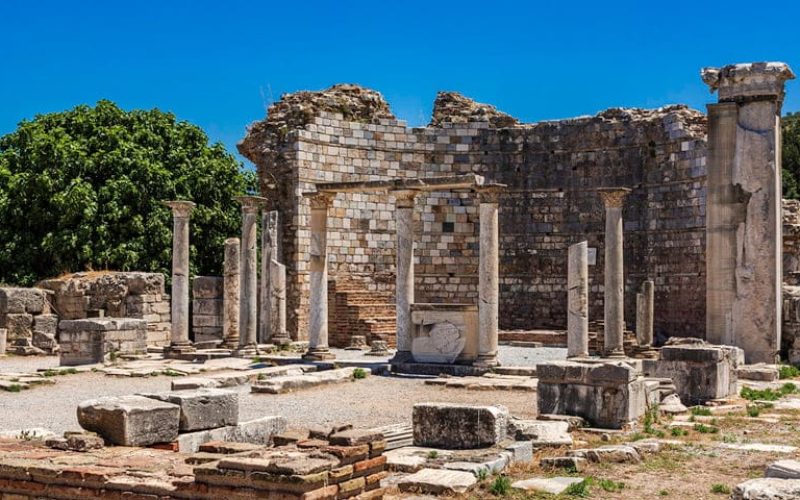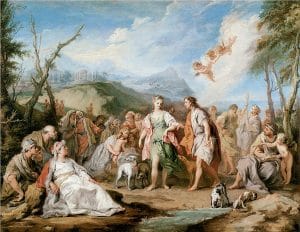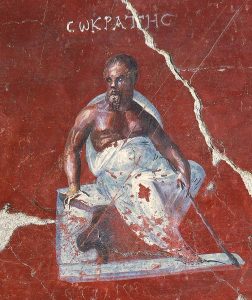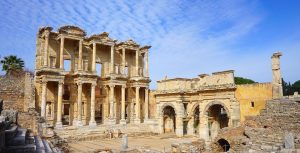Blog Titles
ToggleEphesus Church
Everyone is curious about what Jesus would say if you wrote to our church. Early in the book of Revelation, the Apostle John tells us about seven letters that Jesus wrote to churches in what is well known as Turkey. We typically think of this region of the world as having always been Muslim, but this is not the case. The region of Turkey was once a place where there were many thriving churches.
What happened there? And Jesus sent letters. Answers may be found in the letters that Jesus wrote to them so many years ago. The first of these letters are written to the church in Ephesus, located in the eastern province of the Roman Empire.
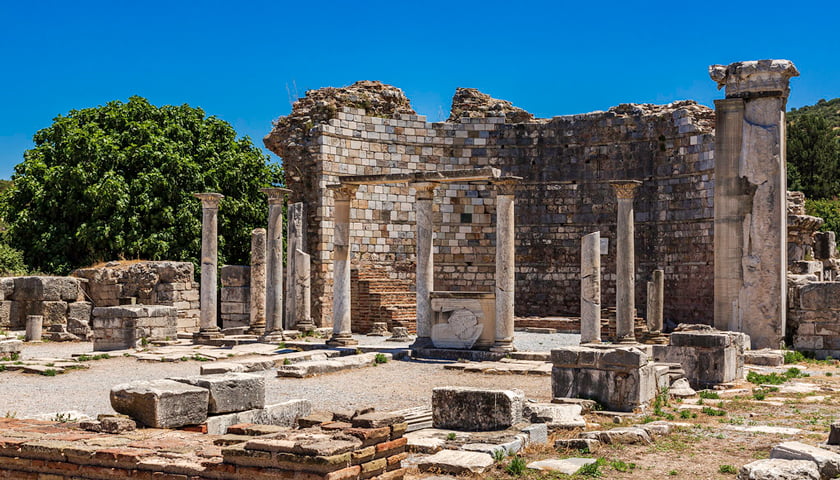
Ephesus was an emporium that had few equals in the world. A new city in Asia was more famous or more populous. It was also significant politically. It was the home of the Roman governor and was frequently the scene of very important trials. The episode was a notorious center of pagan superstition; it was famous for the Ephesian letters, amulets, and charms that were supposed to be infallible remedies for sickness, to bring children to those who were childless, and to ensure success in any undertaking, and people came from all over the world to buy them. In Ephesus, pagan religion was at its strongest; it was the center of worship for Artemis or Diana.
Diana was the goddess of fertility, life, and reproduction. So, worshiping Diana was immoral beyond description. The temple was one of the seven wonders of the ancient world; only the foundation and one column remain of this temple, which measured 425 feet long, 220 feet wide, and 60 feet high, with 120 columns each standing 60 feet tall. The center portion was roofed over with cypress, and the statue of Diana was considered to be the most sacred in the ancient world. This massive complex was the religious, cultural, and economic center of the city. It contained the Bank of Asia and, ironically, was also a haven for hardened criminals who could legally find refuge within its borders. The city’s economy is also dependent upon the massive sales of figurines of the goddess Diana.
Ephesus also contained an impressive theater that could accommodate 25,000 people. It was originally designed for theatrical performances, but later alterations allowed the gladiatorial contest to be held there. It was in this theater that the mob gathered to rally against Paul the Apostle. The Church at Ephesus was probably founded by the Apostle Paul and by early Christians named Aquila and Priscilla.
Paul ministered there for more than two years and later left Timothy there to carry on the work. Christian tradition holds that after Jesus’ resurrection, the Apostle John brought Mary, the mother of Jesus, to Ephesus. But they took up residence during the remaining years.
Even today, one can visit what is reportedly the gravesite of the Apostle John. It was in this economically wealthy, politically influential, and religiously corrupt city that the congregation of Christians met for worship, discipleship, and evangelism. And this was one of the churches that received a personal letter from Jesus Christ himself.
Write to the angel of the Church at Ephesus:
These are the words of Him who holds the seven stars in His right hand and walks among the seven golden lampstands.
I know your deeds, your hard work, and your perseverance. I know that you cannot tolerate wickedness.
Man, I thank you that you have tested those who claim to be apostles but are not and have found them false.
You have persevered and endured hardships for my sake and have not grown weary.
Yet I hold this against you:
You have forsaken your first love.
Remember the height from which you have fallen! Repent and do the things you did at first.
If you do not repent, I will come to you and remove your lampstand from its place.
But you have this in your favor:
You hate the practices of the Nicolaitans, which I also hate. Let him who has an ear hear what the
The Spirit says to the churches:
To him who triumphs,
I will give you the right to eat from the tree of life, which is in the paradise of God. through the eyes of God.

